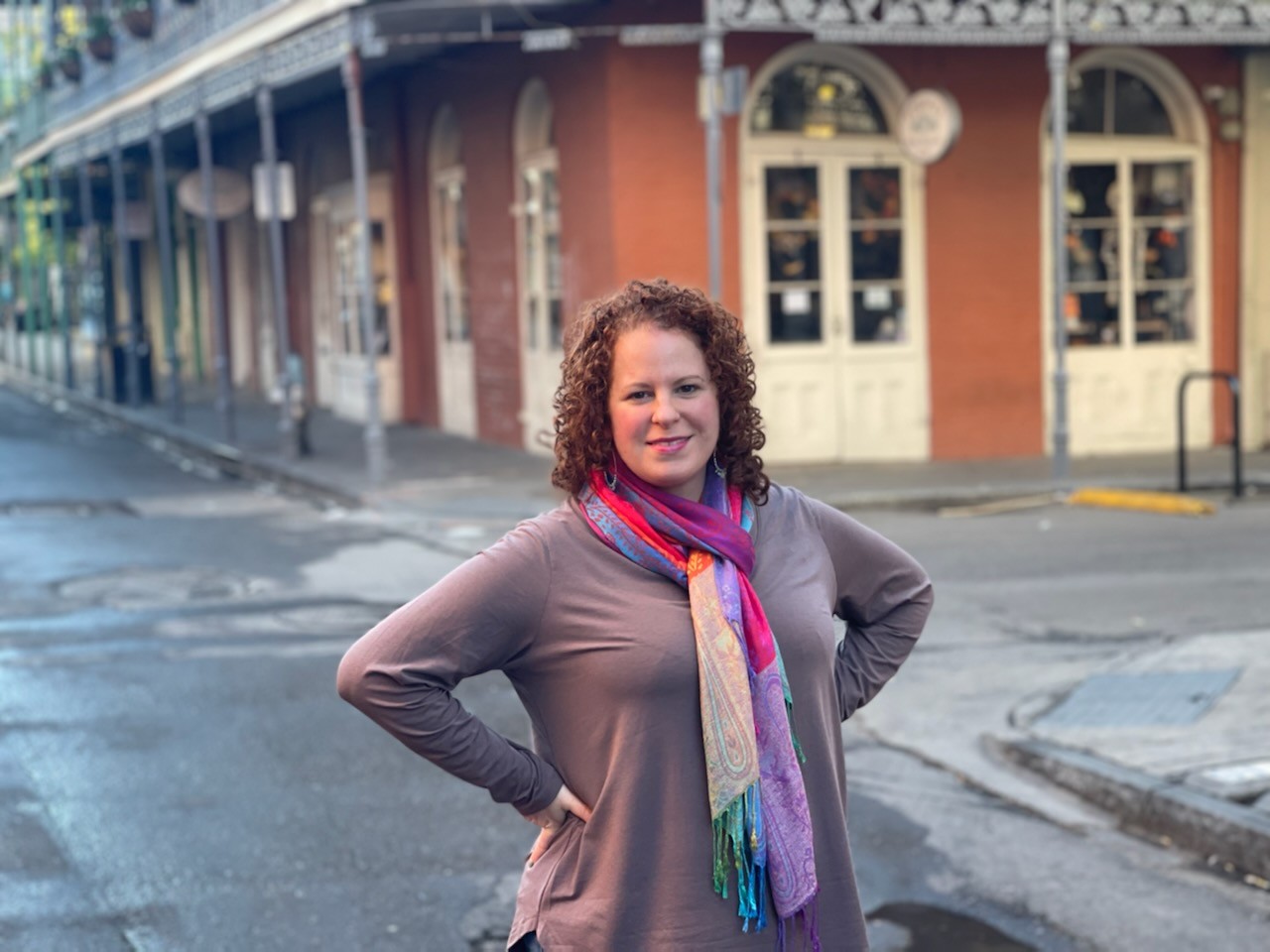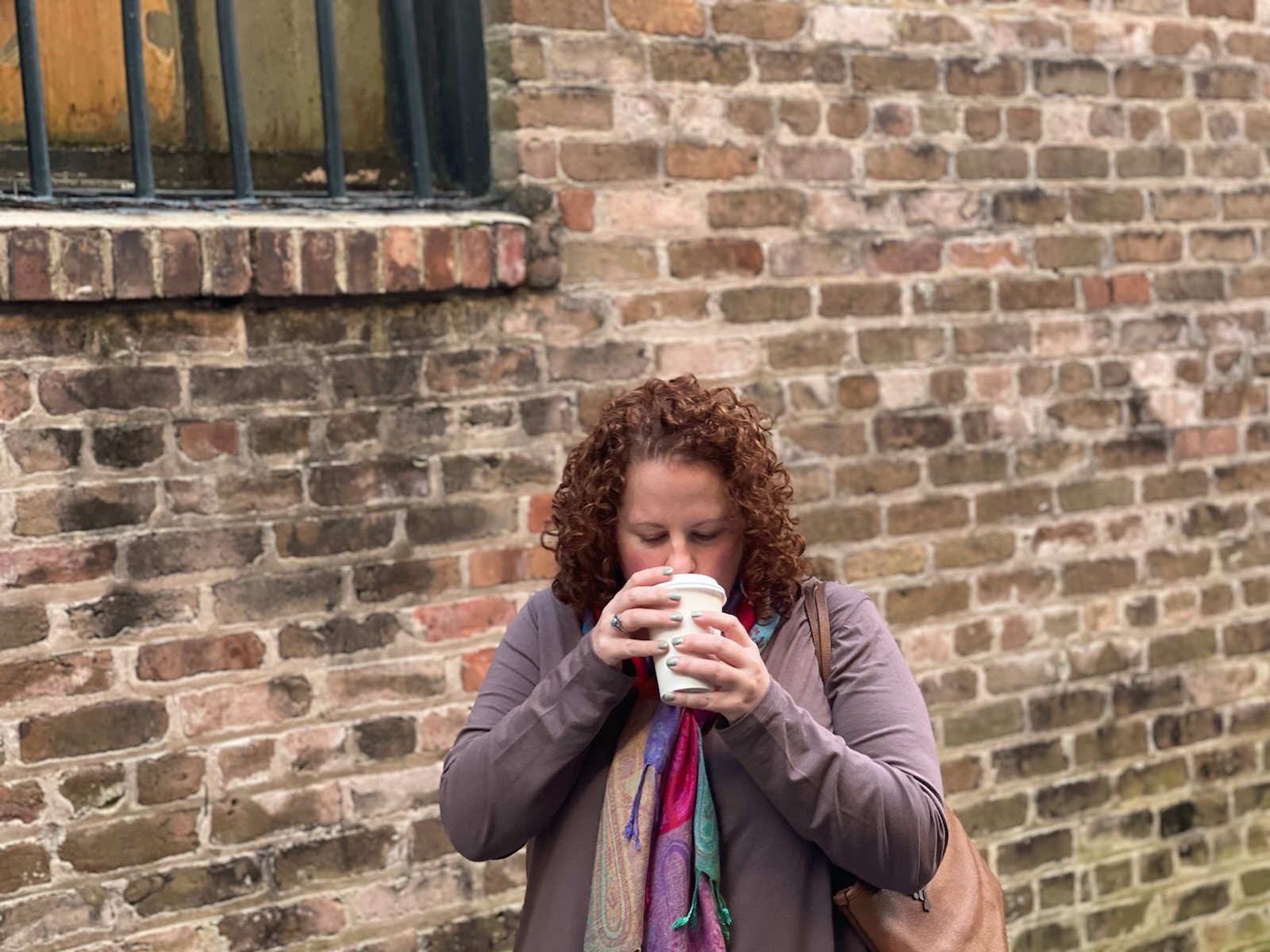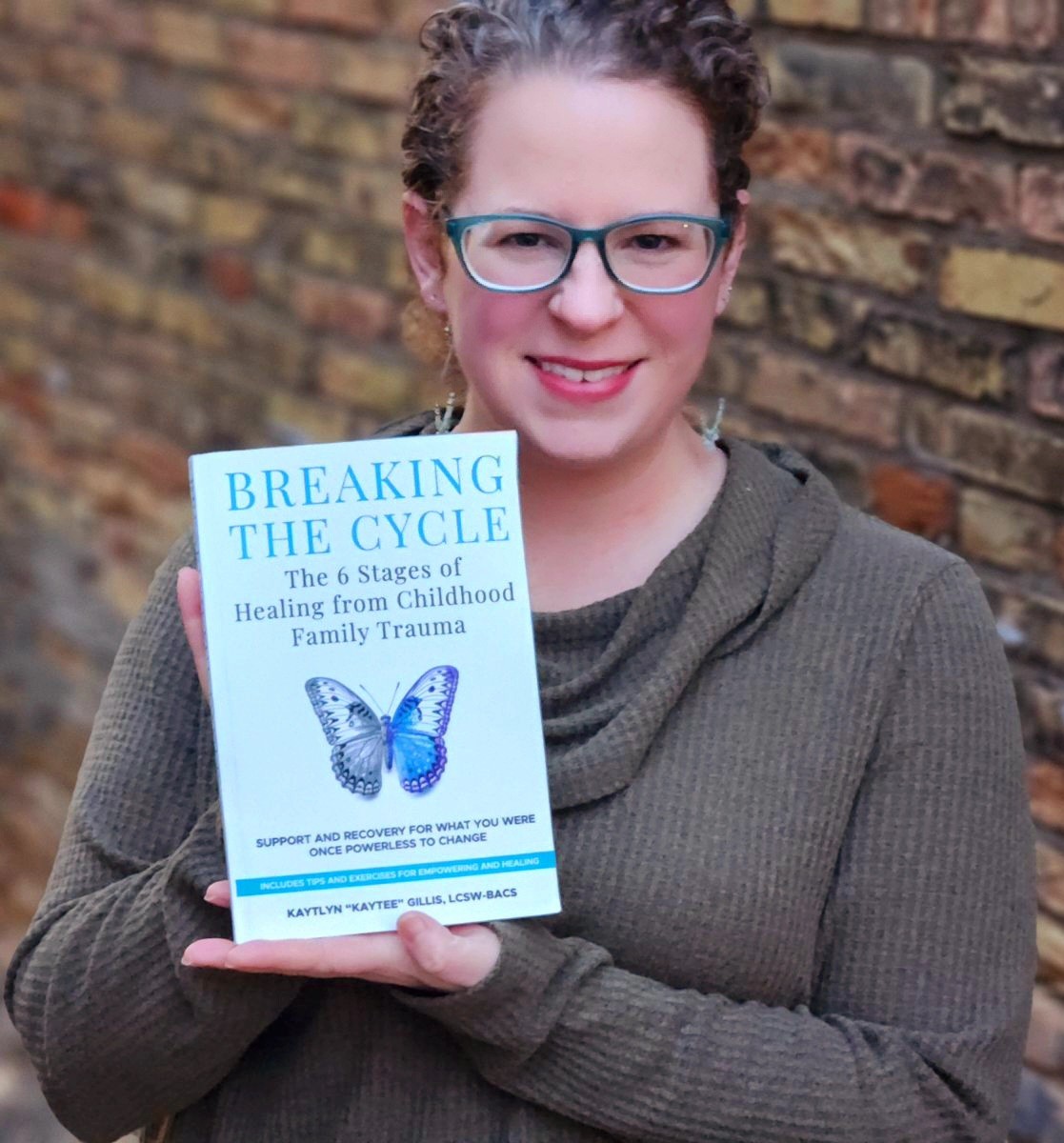Alright – so today we’ve got the honor of introducing you to Kaytee (Kaytlyn) Gillis. We think you’ll enjoy our conversation, we’ve shared it below.
Hi Kaytee , thanks for joining us today. Was there a moment in your career that meaningfully altered your trajectory? If so, we’d love to hear the backstory.
I think the defining moment for me was when I realized that an abusive person has more rights in the legal system than their accuser. This is true in all cases, from the assault survivor who accuses their attacker, to the child of abuse who is retraumatized through the court while testifying against their abuser. For me, it happened while trying to protect myself from someone who was out for revenge against me for ending a relationship. I had heard so many stories of survivors saying that the court system is unfair, but it is one thing to hear stories, and another thing to actually experience it. To actually sit there feeling helpless and infuriated at the same time, feeling like you are in the middle of the ocean doing the doggy paddle, with nobody even bothering to throw you a life jacket!
As a survivor of post separation abuse, I know how hopeless and seemingly impossible it can feel to try to break free from someone who is set on revenge. And I knew that despite the horror of my experience, I was still “one of the lucky ones”. My skin color, my clinical experience and education, and ability to move away, were many of the things that put me in a position to be able to protect myself. So many of my clients deal with this daily and are unable to escape, trapped inside our family court system at the mercy of litigation and motions that never end. Some do not have the funds or the time off from work to fight, nor the money to hire legal counsel. Some are tied to their abuser with children or other dependents. Some do not know how to navigate the overwhelming administrative loopholes of paperwork. It’s so unfair, and the court system can feel like you are being retraumatized! When I was going through my experience, it felt inescapable. Day after day, I asked myself, “if a social worker, who is literally trained to navigate social systems, can’t figure out how to protect myself… who has a chance?!” I knew I had to use my experience and my knowledge to help others. I can only hope that I have done that. Sometimes it is terrifying to speak out, because not only do survivors receive victim blaming messages from society, but there is always the risk of further retaliation. My partner always tells me, “if you have helped even one person, you are doing the right thing.” That keeps me going.



As always, we appreciate you sharing your insights and we’ve got a few more questions for you, but before we get to all of that can you take a minute to introduce yourself and give our readers some of your back background and context?
I am a licensed clinical social worker/psychotherapist and writer. I am also a full time PhD student and cat mom! Not surprisingly, my writing mostly consists of mental health topics- predominantly on relationship and family trauma. Most of my clients have had one or the other, if not both, as there is often a connection between our foundational relationships and any unhealthy relationships we get into as adults.
My second book, It’s Not High Conflict, It’s Post Separation Abuse, was published last year. This book gives tips and tools for navigating the process, including how and what to document, and even tips for how to behave in court (including what not to say!) Of course, it is not legal advice, but the mental health support tips have shown to be valuable for many who are dealing with post separation abuse. I get emails almost every week saying, “my gosh, this is literally what I am dealing with now!” or “Thanks so much for writing this, I felt like nobody ‘got it’ until now!” I wrote the book that I would have needed while going through my own situation, because I hope that nobody else has to navigate that horror completely alone.
Last summer, I published Breaking the Cycle: The 6 Stages of Healing from Family Trauma. I feel that I have grown as a clinician, survivor, and a writer and this book shows that. I am proud of how well this book is doing, but I am also quite shocked at how quickly it rose to best seller status and that it has remained there since its release half a year ago. I think part of me still feels some amount of imposter syndrome with my writing and clinical experience, so it’s both exciting and a bit scary!


Any stories or insights that might help us understand how you’ve built such a strong reputation?
Most of my writings consist of online articles, particularly on my blog on Psychology Today. My articles about family trauma get a lot of views, which tells me that this is a major part of conversations right now. I think so many people are curious about their history and wanting to heal from it. But an important element of my writing, and what I believe has helped build my reputation, is my open honesty about my own healing journey. I always try to be forthcoming about being a survivor myself, and one who is also on my own healing journey.


Putting training and knowledge aside, what else do you think really matters in terms of succeeding in your field?
I have done a lot of work on myself over the past decade in order to heal and work through my own history. And I am a huge advocate for all of us to always be learning and growing. We are living in an interesting time- there is a great deal of trauma and sadness around us everywhere, all of the time. Yet we are also inundated with messages about trauma and healing, mostly on social media. You would think that these two things could work well together, but not necessarily.
I feel like it is important for therapists to have done their own work, specifically around areas of trauma. Until you really allow yourself to revisit the pain and work through it, you are likely unable to help others do the same. This is not to say that it is mandatory for all therapists to be trauma workers- only that we owe it to ourselves and our clients to do our own work.
Contact Info:
- Website: www.kaytlyngillislcsw.com
- Instagram: https://www.instagram.com/kurleekaytee/
- Facebook: https://www.facebook.com/KayteeLCSW/
- Linkedin: https://www.linkedin.com/in/kaytee-gillis-lcsw-bacs-42b46856
- Twitter: https://twitter.com/Kaytee_Gillis
- Other: my book’s IG: https://www.instagram.com/breakingthecycle_book/ Blog on Psychology Today: https://www.psychologytoday.com/us/blog/invisible-bruises
Image Credits
Juan Guerrero


